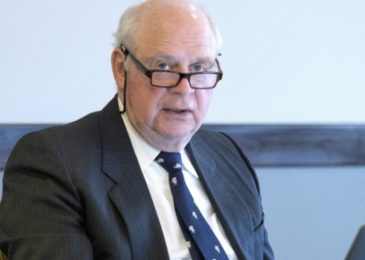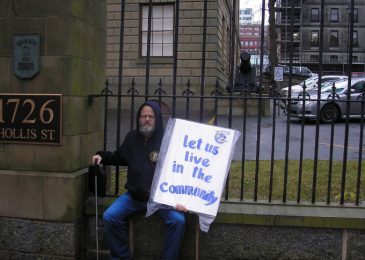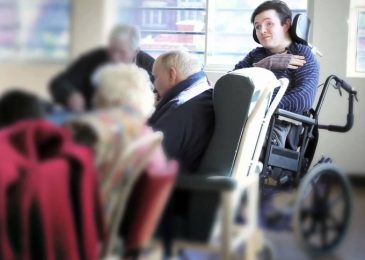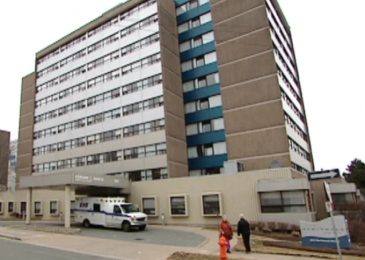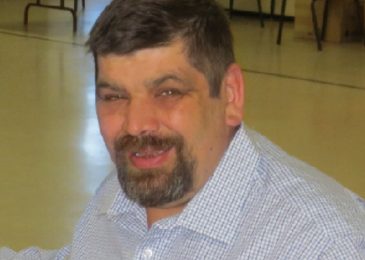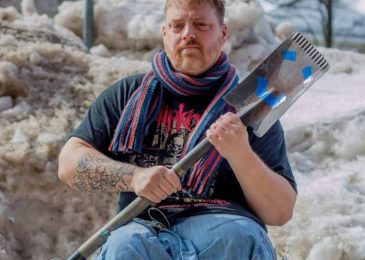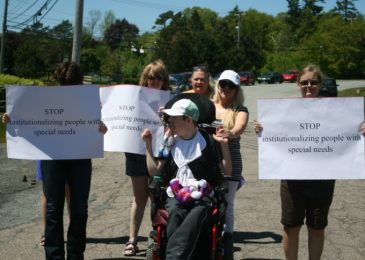Media release: NS decision finds blatant discrimination against three persons with intellectual disabilities
News release: Krista Carr, Executive Vice-President of CACL, explained, “When it comes to pursuing justice for Canadians who are or have been institutionalized, CACL will do whatever it takes for as long as it takes. Even if it takes 1,500 individual complaints – as these rights are secured in the CRPD, which Canada has ratified with Nova Scotia’s agreement.”

